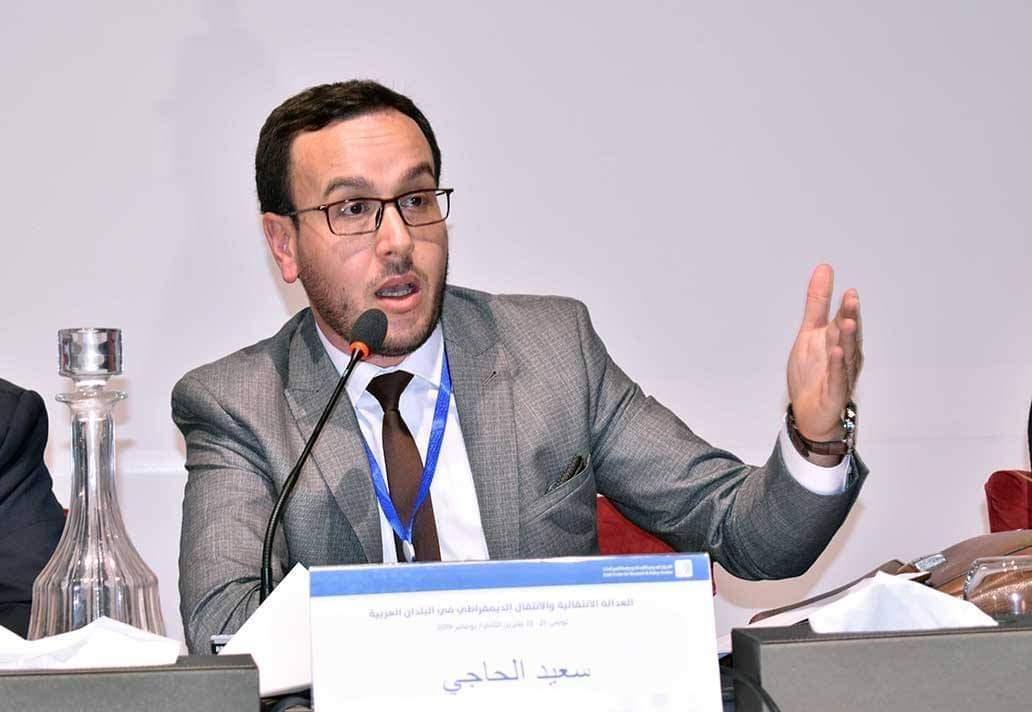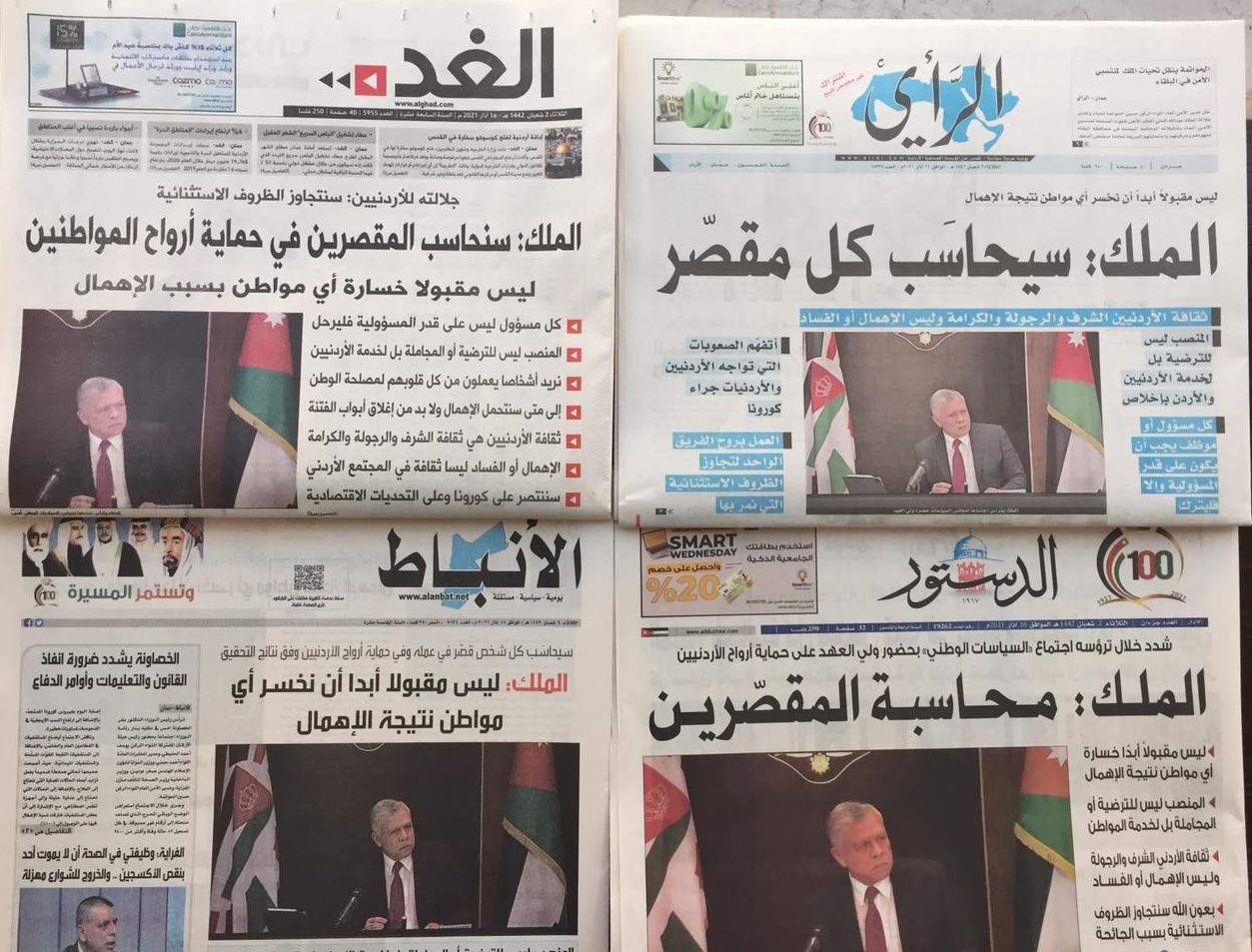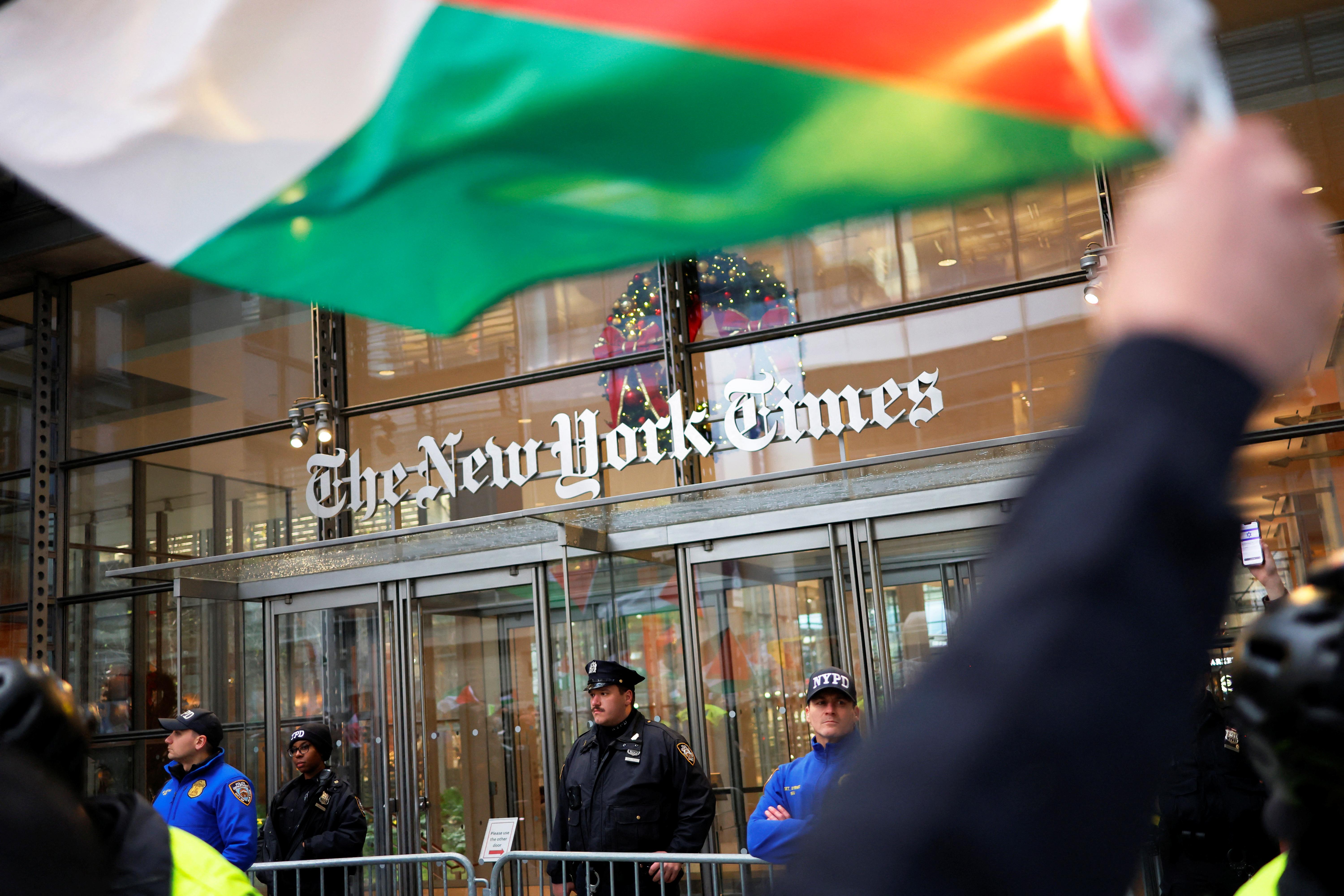This article was originally written in Arabic and has been translated into English with the assistance of AI tools and edited to ensure clarity and accuracy
What is the difference between October 6th and October 7th? How did the media distort the historical context and mislead the public? Why did some Arab media strip the genocidal war from its roots? Is there an agenda behind highlighting the Israel-Hamas duality in news coverage?
October 7th has become the most prominent global event, but media coverage has varied depending on the media platform, its background, and its editorial line, whether in the West or in the Arab world.
The massive flow of information forced the media to work quickly and present news in a specific model based on brevity and keeping up with daily details and rapid developments at the expense of analysis and careful readings of events and placing them in their different contexts, especially the historical context that provides important interpretive factors for the event and its repercussions. This may reduce the recipient's awareness of the Palestinian issue and make him a prisoner of events, their acceleration, and emotional interaction without realising their implications or understanding their causes.
Many media outlets showed a race to produce narratives governed by the political position of the parties to the Palestinian issue, through selectivity in presenting data and viewpoints, the methodology of formulating media materials, and the nature of the descriptions used to describe the October 7 event, in addition to media deception by some media outlets, especially those biassed towards Israel. These approaches have obscured the historical context of the Palestinian issue, which dates back to the Balfour Declaration in 1917, which would strengthen the Palestinian position and place what the Palestinian resistance did on October 7 in a context that diminishes attempts to confine it to the Hamas-Israel dichotomy, as some media outlets are trying to do.
The massive flow of information imposed on the media a fast pace of work and a specific model for presenting the news, based on brevity and keeping up with daily details and rapid developments at the expense of the analytical aspect and careful readings of events and placing them in their various contexts, especially the historical context that provides important interpretive factors for the event and its repercussions.
Misleading to Build False Narratives
William Yeomans, an American journalist, writes on Dawn Mena (1) that media coverage of October 7 was heavily biassed towards Israeli narratives, especially in the New York Times, Washington Post, and Los Angeles Times, which focused on the number of Israelis killed more than Palestinians. The killing of one Israeli was covered more in the media than the killing of many Palestinians, and the attributes of condemnation were used exclusively for the killing of Israelis without the Palestinians, devaluing their lives. NBC, CBS, ABC, and Fox News, like newspapers, followed the same approach and relied heavily on State Department and Israeli statements, as well as those from pro-Israel forces.
This approach was taken by the media biassed towards Israel, but it gradually changed under popular pressure and the relative shift in the positions of a part of the Western political elite in favour of the Palestinians after the massacres, occupation brutality, and extremist positions of Israeli politicians. This shift stopped at the angle of treatment that equates the two parties and saw the matter as related to the disproportion in power between action and reaction, always relying on October 7 as a measure of media treatment and an indicator of the objectivity with which events related to the Palestinian cause are presented in the media, in complete disregard of the historical context.
Arab Media Caution Under the Influence of Normalisation
The fact that Western media coverage angles ignore the historical context of the Palestinian issue is expected given their editorial lines and backgrounds that support Israel. However, many Arab press platform coverages fail to place the events of October 7 in the context of the long Palestinian-Israeli conflict and its violations of Palestinian rights, and present the event as a reaction to decades of exposure to these crimes. The press seems to have been influenced by some Arab countries' normalisation steps, especially after the change in positions on normalisation, which softened the official discourse towards Israeli policies and pushed for a future vision based on accepting the status quo and granting Israel more space to achieve gains that serve its occupation of Palestinian lands.
However, media reports noted attempts to use the October 7 event to legitimise some Arab political regimes' soft positions towards Israel in light of Western pressure to normalise relations with Israel. Journalists on the Arab-Reform website reported on how Middle East media narratives about Palestine were shaped during the Gaza war. The report emphasised Saudi media solidarity with the Palestinians but defended normalisation as essential to regional peace. The Egyptian media used the Gaza war to demonstrate President Abdel Fattah el-Sisi's competence, the Iranian media discussed its effects on Iran's security and stability, and the Lebanese media focused on the war's economic and political damage. All of these models showed that the media coverage began to focus on the Gaza War and the Hamas-Israel duality as the issue's starting point and that the war's end would be its end, while the Palestinian issue's historical roots go back about a century. The Arab media did not invest enough in some significant dates in the Palestinian issue coinciding with the Gaza War, giving them an opportunity to use the historical context to form a comprehensive picture of the events associated with the Gaza War, such as the Balfour Declaration (November 1917), the Nakba War (May 1948), and the Naksa War (June 1967), in addition to the dates associated with the massacres committed by the Israelis against the Palestinians, and other significant dates that can be employed in the context of evoking the historical context of the issue.
The absence of historical context from media materials related to the October 7 event may lead to the current generations developing an incomplete image of the nature of the Palestinian cause; historical context is more important when it comes to “perennial” issues that persist despite generational differences.
Historical Context and Objectivity
The Western media's coverage of the Gaza war is surprisingly lacking in historical context, unlike the French media's use of historical data to cover political, economic, and social issues. The focus is only on the facts on the ground and political analysis. Some Al Jazeera English programs addressed this, such as What US media is missing in Israel's war on Gaza...and why it matters? (3), in which many American and British journalists were criticised for removing the Gaza war's historical context from their reporting, contributing to media misinformation about the Palestinian issue. As the new normalisation position required caveats in daily event coverage, the Arab media's lack of historical context was striking. However, the Israeli side was more aware of the historical context, especially by using religious discourse that refers to the "historical rights" of Jews in Palestine, especially by Israeli officials, which received extensive media coverage and contributed to a false image of the events and their contexts.
The clear lack of employing the historical context in the Arab media was striking, as it was drawn into daily coverage of events under the influence of the caveats required by the new position on normalization. On the other hand, the Israeli side was more aware of the historical context, especially by employing religious discourse that refers to the ‘historical rights’ of the Jews in the land of Palestine.
The lack of historical context in October 7 media may give current generations an incomplete picture of the Palestinian cause. Historical context matters more for “perennial” issues that span generations. Focussing on one event and using it as a starting point for other Palestinian cause events may break the causal relationship between events over time, legitimising the Palestinian resistance and revealing the Palestinian people's decades-long injustice. It also deprives the media of its objectivity and professionalism and makes it serve political agendas instead of informing the public.






















![Palestinian journalists attempt to connect to the internet using their phones in Rafah on the southern Gaza Strip. [Said Khatib/AFP]](/sites/default/files/ajr/2025/34962UB-highres-1705225575%20Large.jpeg)





















